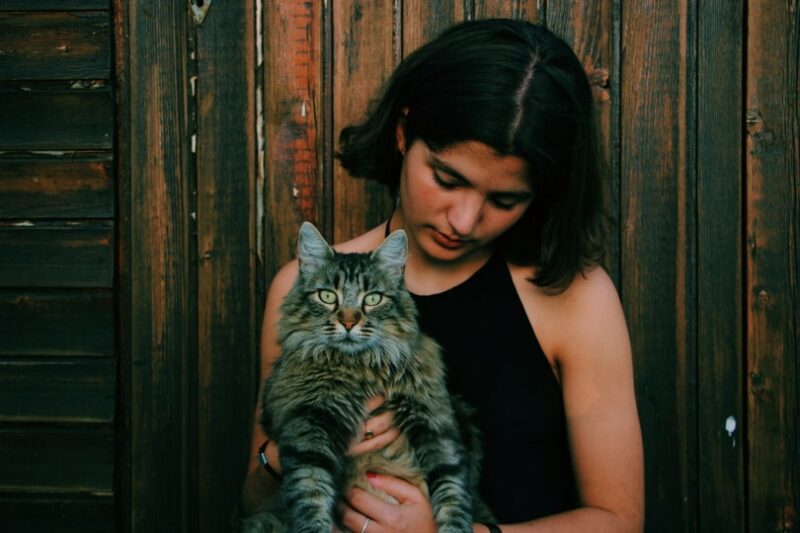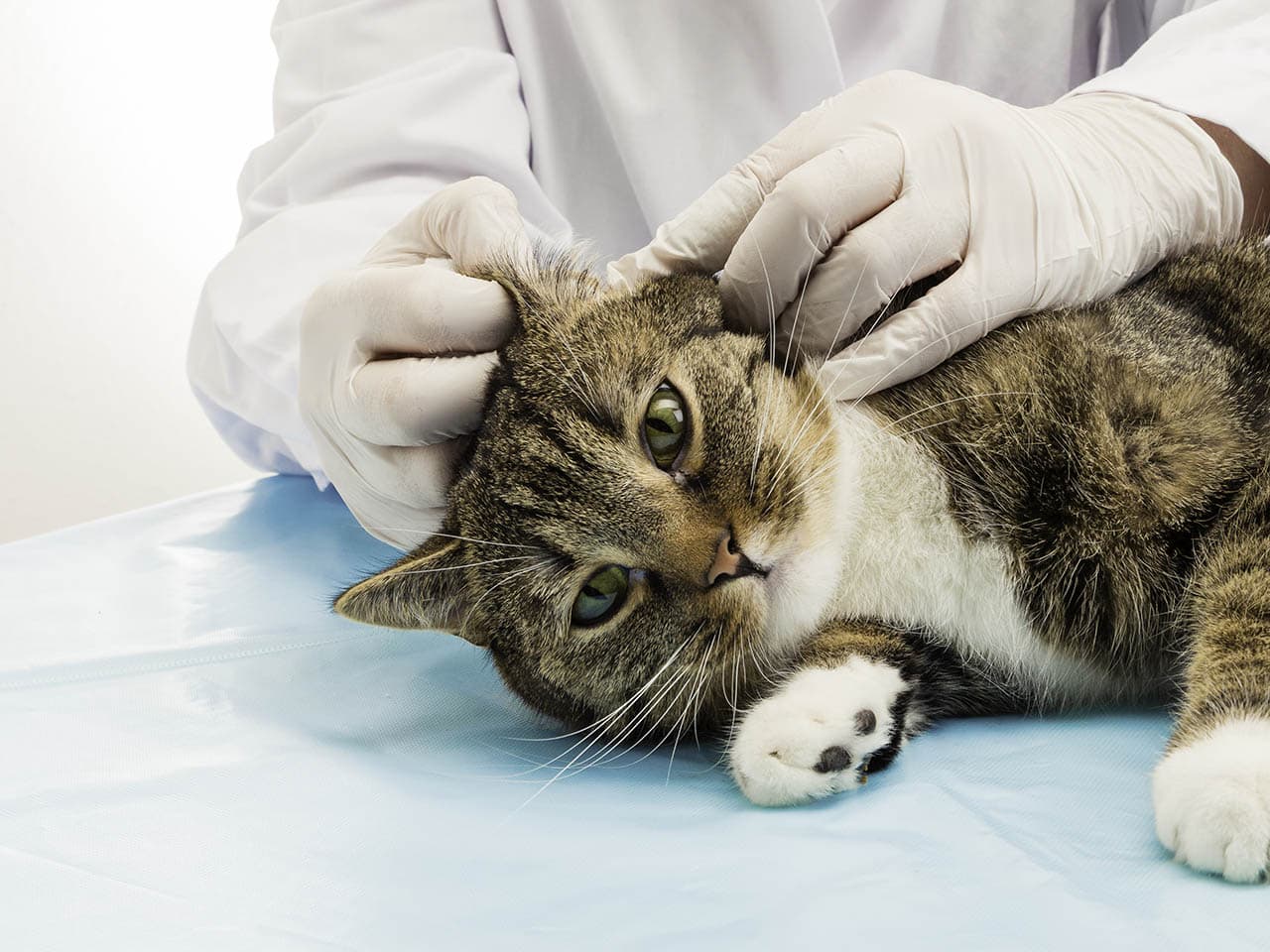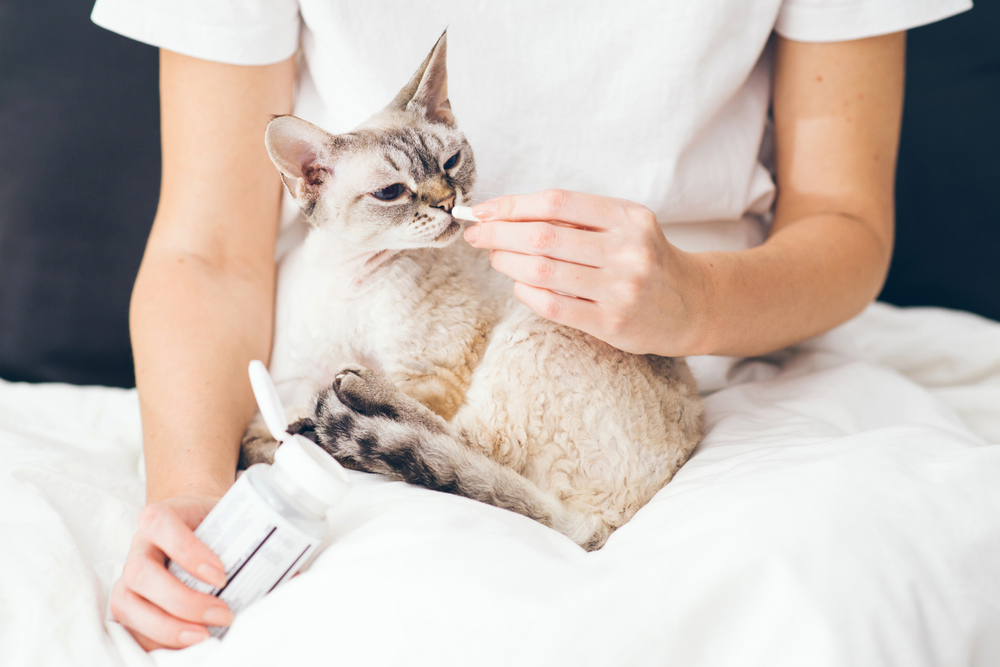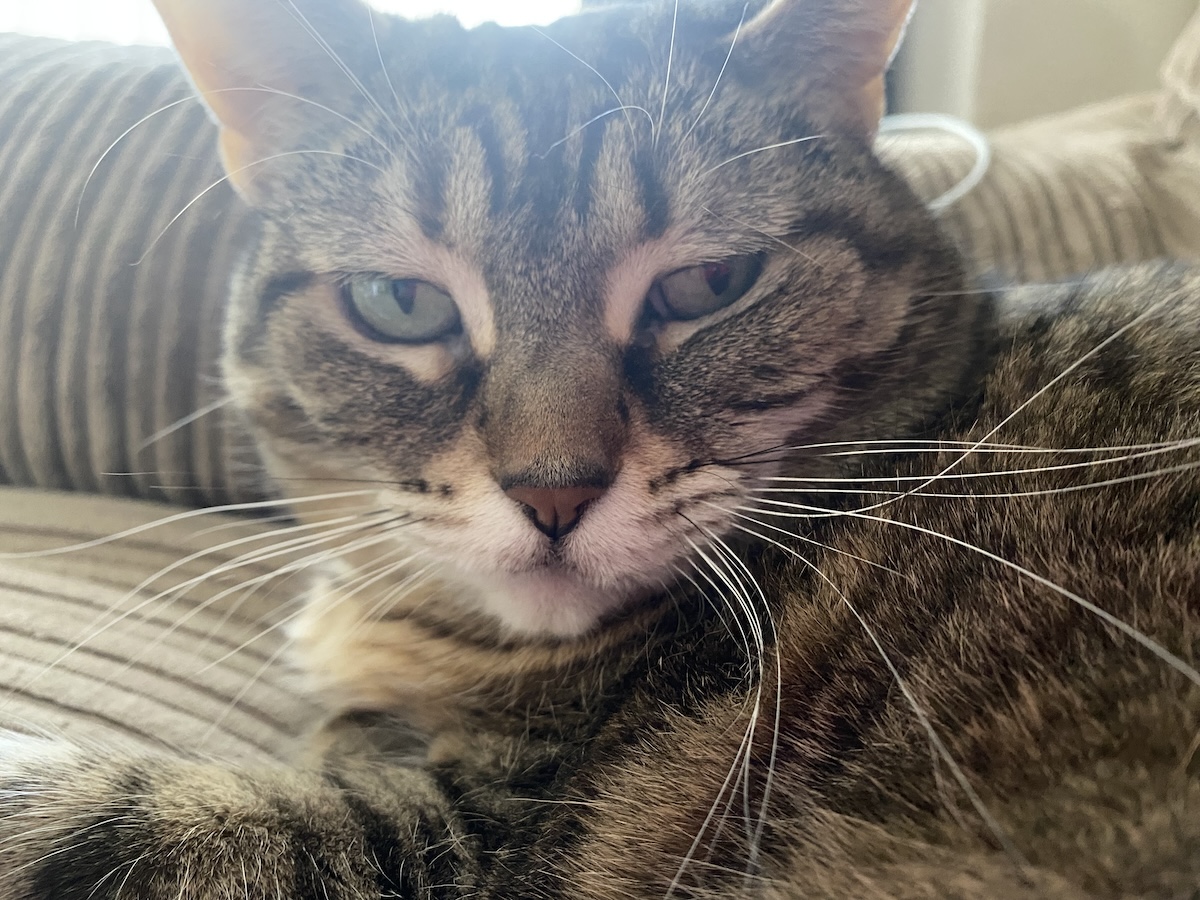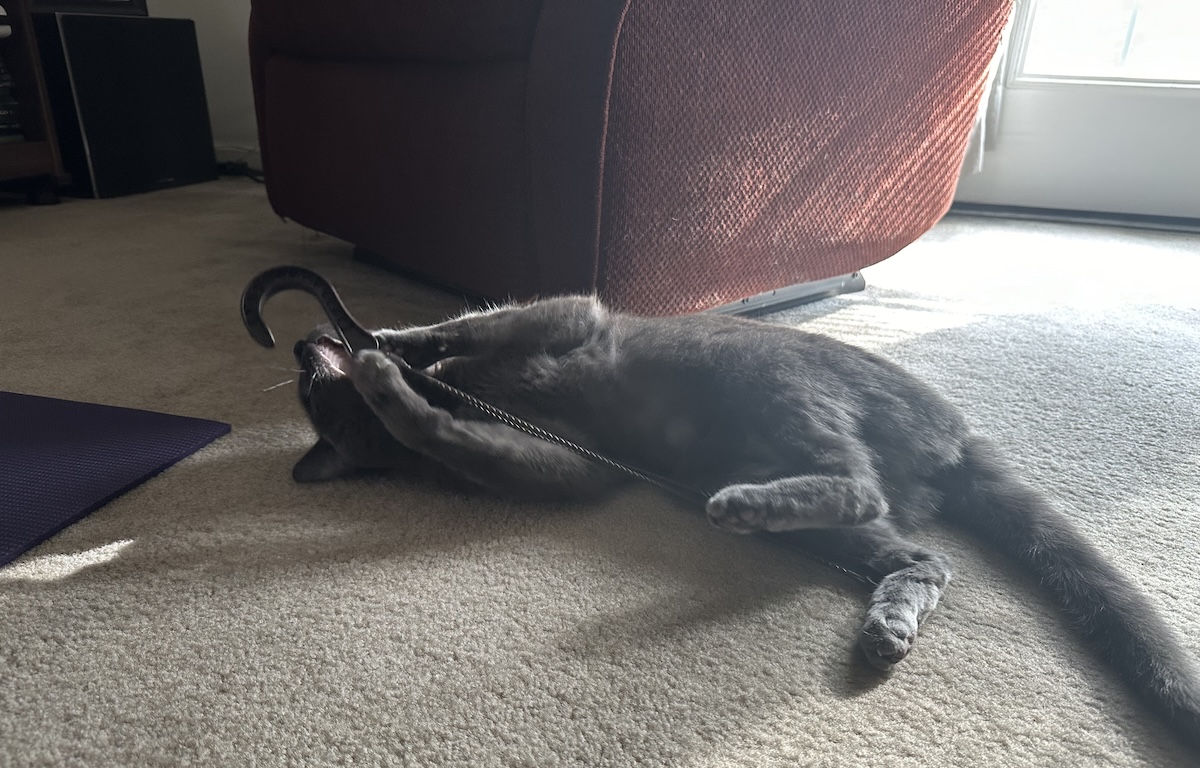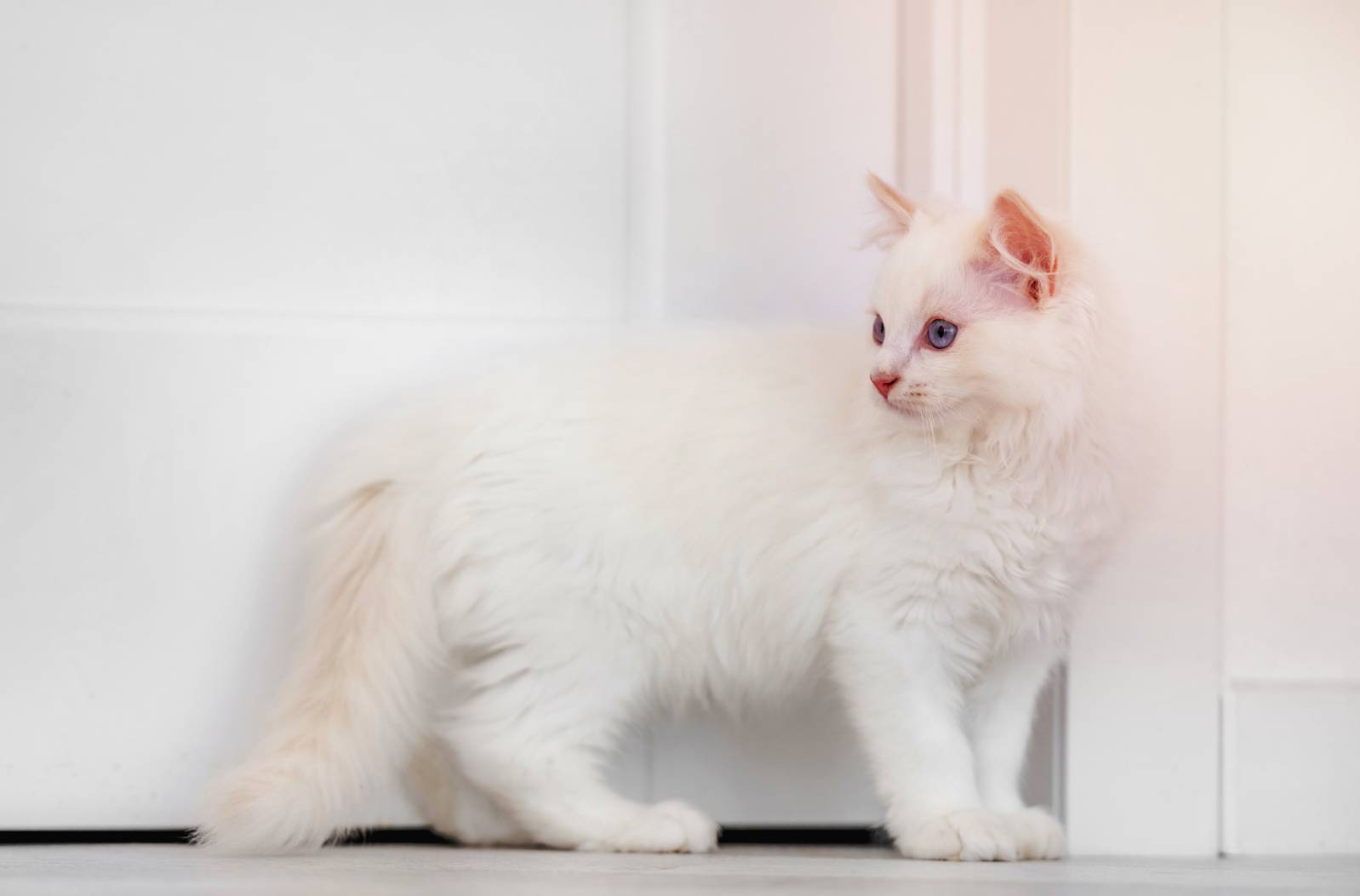Many of us would gladly spend all day, every day, with our kitties at home, but it is usually not possible due to work and other obligations. Therefore, many pet cats end up spending at least some of their time alone at home throughout the week. While cats tend to be independent and fine with being by themselves, you may wonder whether your furry friend ever gets lonely, as we humans can get at least occasionally.
The short answer is well adjusted normal adult cats with no behavioral issues do not get lonely and don’t feel loneliness the way humans do. However, a cat that’s overly attached to you may experience separation anxiety syndrome – a behavioral issue – in your absence. The explanation of this syndrome and other insights can be found here.
Do Cats Get Lonely?
Loneliness as a human feeling is defined as sadness because one has no friends or company. In this aspect, loneliness is not a normal trait of well-adjusted, healthy cats.
Domesticated pet cats are primarily considered to be solitary animals. They are territorial and are often comfortable with having sole ownership of their territory. However, cats are also known to form social groups if left to their own devices. Female cats often form colonies, however, even within these colonies (known as clowders or glarings), cats hunt independently. Intact male cats are territorial and do not get along well with males that they perceive as strangers.
As pets, cats can get along with other cats, provided they are introduced properly, and provided that each cat feels like they have enough resources (food, water, toys, litter boxes, etc.) to meet their needs. Desexed/castrated male cats (sometimes referred to as neutered) are more likely to get along with other cats when compared to intact male cats.
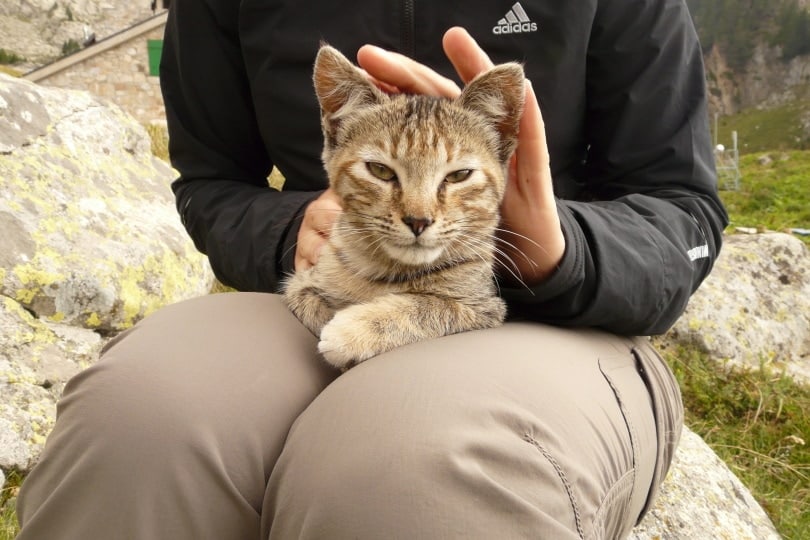
However, there is a well studied behavioral issue that some pet cats experience known as separation anxiety syndrome. As the name suggests, this is an issue where a cat that’s overly attached to someone (often their favorite person) feels extremely stressed and anxious in their absence, and as a result, they display unwanted behaviors and are also possibly at greater risk of developing some health issues, such as those involving their urinary system.
This syndrome has been identified in veterinary literature for a considerable amount of time, however, it has drawn more attention in recent years in light of the COVID-19 pandemic. Many kittens that were adopted during the pandemic felt it “normal” that their owners would be around all the time, until they returned to work and the cats suddenly found themselves without their favorite person.
Cats that experience this syndrome definitely need help, however, their physiological response to the separation is different from humans that suffer from loneliness. Therefore, in a strict sense, even a cat that experiences separation anxiety syndrome isn’t akin to a human feeling loneliness.
Signs That Your Cat Has Separation Anxiety Syndrome
Cats with separation anxiety syndrome often display behaviors that are undesirable or worrying.
- Inappropriate urination
- Inappropriate defecation
- Excessive vocalization
- Destructive behavior
- Excessive grooming
If you notice these signs in your cat, and you feel that the reason might have to do with your recent absence from your cat’s routine, it’s important to have your cat looked over by your veterinarian.
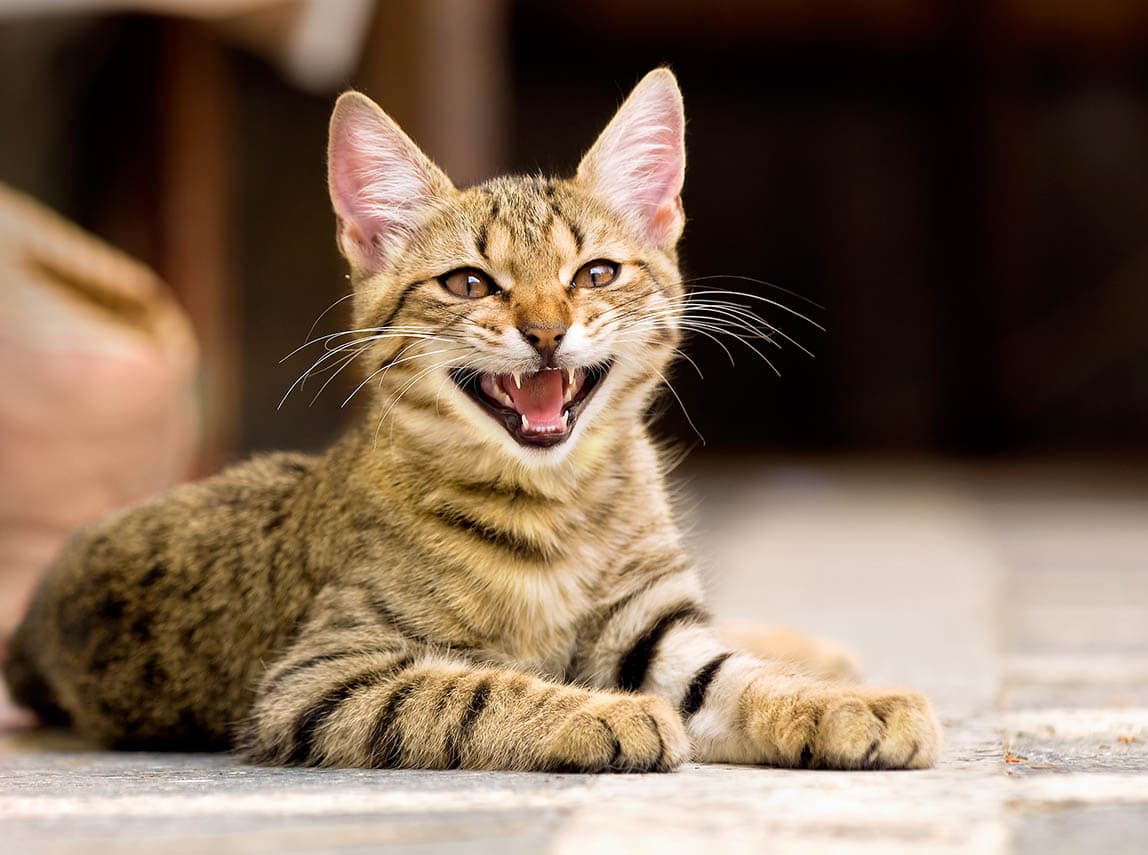
How Separation Anxiety Syndrome Is Treated
Veterinarians often approach separation anxiety syndrome on a case-by-case basis, and depending on the extent of your cat’s anxiety and behavioral signs, the treatment plan will vary. Treatment of the syndrome involves managing clinical signs in your cat and also addressing your cat’s needs for social interaction, intellectual stimulation, and exercise.
In many instances, the assistance of a professional cat behaviorist is recommended; these individuals often work in conjunction with your veterinarian to help you and your cat properly deal with the situation.
- Recommending a Cat Sitter: At times, you might be advised to use the services of a cat sitter to gradually get your cat used to having lower levels of interaction with you rather than suddenly finding themselves without your presence.
- Investing in Interactive Toys: You might be asked to consider introducing new interactive toys, like motorized mice, into the household while you are These may help keep your cat busy so they feel less anxious until you get home.
- Spending Quality Time With Them Daily: You might be advised to spend quality time with your cat when you are home, however, this is often planned out so as to not negatively affect your cat when you leave. It’s best to discuss this schedule with your veterinarian or cat behaviorist.
- Playing With Your Cat: Playing with your cat encourages exercise and promotes intellectual stimulation, which is helpful in dealing with separation anxiety. Cats that are well exercised before you leave the house may resort to taking a long nap and sleeping off in your absence.
- Getting Another Cat: At times, you may be advised to consider adopting another cat. The cats will be able to keep each other company and possibly help your cat cope with your absence. However, this is usually advised on a case-by-case basis and largely depends on your cat’s personality; some cats are opposed to the company of other cats.
A Final Recap
Cats do not feel loneliness in the way humans do. However, some cats may experience a condition known as separation anxiety syndrome. This behavioral issue requires the input of a professional to manage, and if you feel that your cat is experiencing this ailment, it’s best to contact your veterinarian for more advice and information.
Featured Image Credit: Piqsels

